Food for thought
Healthy soil for healthy plants
As humans, we have the responsibility to be good stewards of this earth and do everything we can to better our environment.
Henriette Lamprecht – Years ago, her best friend and now husband gifted her with two plant boxes for her patio, which she filled with veggies. The plant (and the romance) blossomed and, since then, Leoni and Craig Kirchner have planted food gardens wherever they lived, including at two schools in Cape Town where she taught. Today, the Kirchners are the proud owners of Everwell City Farms in Windhoek, where they grow vegetables using organic no-dig practices whilst focusing on improving the soil quality over time. At the same time, they aim to inspire and educate people to grow their food efficiently, profitably, and in ecologically regenerative ways.
The Kirchners moved from Somerset West to Windhoek in July 2021 to be closer to Leoni’s family, with big hopes of securing some land and a homestead. Shocked at the property prices, they decided to fulfil their dreams of a homestead by using an area measuring 10 m x 12 m on their living property. The concept of "farming in the city" was born.
“Our space filled up quickly, and we wanted to produce enough food to share with the neighbourhood, which led us to start a second site,” says Leoni.
Everwell City Farms was created as a business vehicle to draw attention to their creation of healthy, balanced ecosystems, hoping to inspire others to follow in their footsteps.
“We found that there is a mindset in Namibia that one should guard your ideas and/or products to prevent someone from ‘stealing’ the idea. We believe exactly the opposite. We hope people take our idea and not only replicate it but improve on it. If we can train people to go and start an urban farm in their neighbourhood, we will be happy!”
First, before starting with a food garden for your family, it is important to understand why you want to do this, she explains. Some people are under the illusion that they will save money, which is not necessarily the case. You are also most likely not going to be able to grow all of your family’s food needs - depending on space and climate - which means you will need to source some of your food elsewhere.
“We grow our own food, and what we cannot grow, we get directly from sources who are farming organically and in a regenerative manner. We refuse to support a model where the farmer/producer earns pittance whilst the distributors and retailers profit off the same product the most. And we want fresh, nutrient-dense, organic food and know that the environment was not harmed in producing our food.”
Once you’ve established the ‘why’ - make a list of vegetables your family enjoys eating. Research the needs of each plant - space requirement, climate, seasonality, companion plants, and the number of days the crops take to mature. Next, plan the layout of your garden and when you will be planting the various crops. Some can be planted year-round, and others should be planted in specific seasons.
“Our bodies benefit most from consuming a crop in the season it is meant to be grown. This is not a very popular concept as we have been conditioned to think that all food should be available all year round, like in grocery stores. This is not natural, nor is it fresh or as healthy as we think.”
In terms of a growing medium, the Kirchners use organic compost and plant straight into that. Hydroponics and aquaponics are also growing methods gaining popularity in Namibia, as these systems are fantastic at conserving water.
“We chose soil as a growing medium with the aim to restore balanced ecosystems of which soil forms an integral part. There are more microorganisms in a handful of healthy soil than there are people on the planet! They are the life in our soils, and if we look after them, they create an environment for plants to thrive. Healthy soil equals healthy plants.”
There are definitely more people awakening to the fact that our food choices as consumers have a big part to play in the unhealthy and unsustainable supply chain model that is currently being followed, says Leoni.
“We have to shop with conviction, not for comfort. Social media has helped producers (farmers) advertise their products and to tap into a direct-sales revenue stream and improve their profit margins, which was difficult to do prior to this technology. There has been growth in the number of markets in and around Windhoek where organic produce, straight from the farms, is sold.
“There are organic growers who have stuck to their convictions in a time when this growing method was not popular at all and rather frowned upon. The fact that they have stood the test of time has certainly given the traditional pesticide-spraying-and-soil-tilling producers some food for thought.”
Leoni admits organic food has always come with a price tag, but so have illnesses that are scientifically linked to bad food choices, with the latter being far more expensive in the long run.
Stewardship is not only applicable to cultivating the land, but it is a principle affecting all parts of one’s life – caring for the earth, our workspaces, and our relationships with others. Everything should be a testimony of good stewardship, she explains.
“Are we looking after and improving those aspects of our lives? If not, then that is something we have to work on. If you really want something and you have the conviction in your heart, you have to be intentional with your actions and mindful of the consequences.
We have a three-year-old and we are reminded daily that she is watching what we do, not what we say. If we want her to care for the environment, make healthy food choices, and be fit and active, then we have to model that. Our actions shape her reality and perception of normality. What reality are you creating for yourself, your family, your children, and your community?”
On a personal level, she finds it deeply spiritual to “stick my hands in the soil and cultivate the land”, Leoni says.
“I feel close to God, and it reminds me of the mandate He has given to human beings, namely to rule and nurture the earth. We want to ensure that we are improving and enhancing what He has entrusted to us, no matter how small the portion. Our name, Everwell, is actually a prayer. We pray that it may forever be well with your soul, regardless of your circumstances.”
Their dream is to establish Everwell City Farms as a resource centre for other like-minded producers and home growers, and an inspiration for others to make informed, intentional, and mindful decisions. The Kirchners also hope to launch a community-focused initiative that looks at food production in rural and poor communities, where most of the nation lives. Their first workshop is launching in the spring of 2023.
“We want to be relevant to all people, not only the privileged.” - everwellcityfarms.com; Facebook: Everwell City Farms; [email protected]
The Kirchners moved from Somerset West to Windhoek in July 2021 to be closer to Leoni’s family, with big hopes of securing some land and a homestead. Shocked at the property prices, they decided to fulfil their dreams of a homestead by using an area measuring 10 m x 12 m on their living property. The concept of "farming in the city" was born.
“Our space filled up quickly, and we wanted to produce enough food to share with the neighbourhood, which led us to start a second site,” says Leoni.
Everwell City Farms was created as a business vehicle to draw attention to their creation of healthy, balanced ecosystems, hoping to inspire others to follow in their footsteps.
“We found that there is a mindset in Namibia that one should guard your ideas and/or products to prevent someone from ‘stealing’ the idea. We believe exactly the opposite. We hope people take our idea and not only replicate it but improve on it. If we can train people to go and start an urban farm in their neighbourhood, we will be happy!”
First, before starting with a food garden for your family, it is important to understand why you want to do this, she explains. Some people are under the illusion that they will save money, which is not necessarily the case. You are also most likely not going to be able to grow all of your family’s food needs - depending on space and climate - which means you will need to source some of your food elsewhere.
“We grow our own food, and what we cannot grow, we get directly from sources who are farming organically and in a regenerative manner. We refuse to support a model where the farmer/producer earns pittance whilst the distributors and retailers profit off the same product the most. And we want fresh, nutrient-dense, organic food and know that the environment was not harmed in producing our food.”
Once you’ve established the ‘why’ - make a list of vegetables your family enjoys eating. Research the needs of each plant - space requirement, climate, seasonality, companion plants, and the number of days the crops take to mature. Next, plan the layout of your garden and when you will be planting the various crops. Some can be planted year-round, and others should be planted in specific seasons.
“Our bodies benefit most from consuming a crop in the season it is meant to be grown. This is not a very popular concept as we have been conditioned to think that all food should be available all year round, like in grocery stores. This is not natural, nor is it fresh or as healthy as we think.”
In terms of a growing medium, the Kirchners use organic compost and plant straight into that. Hydroponics and aquaponics are also growing methods gaining popularity in Namibia, as these systems are fantastic at conserving water.
“We chose soil as a growing medium with the aim to restore balanced ecosystems of which soil forms an integral part. There are more microorganisms in a handful of healthy soil than there are people on the planet! They are the life in our soils, and if we look after them, they create an environment for plants to thrive. Healthy soil equals healthy plants.”
There are definitely more people awakening to the fact that our food choices as consumers have a big part to play in the unhealthy and unsustainable supply chain model that is currently being followed, says Leoni.
“We have to shop with conviction, not for comfort. Social media has helped producers (farmers) advertise their products and to tap into a direct-sales revenue stream and improve their profit margins, which was difficult to do prior to this technology. There has been growth in the number of markets in and around Windhoek where organic produce, straight from the farms, is sold.
“There are organic growers who have stuck to their convictions in a time when this growing method was not popular at all and rather frowned upon. The fact that they have stood the test of time has certainly given the traditional pesticide-spraying-and-soil-tilling producers some food for thought.”
Leoni admits organic food has always come with a price tag, but so have illnesses that are scientifically linked to bad food choices, with the latter being far more expensive in the long run.
Stewardship is not only applicable to cultivating the land, but it is a principle affecting all parts of one’s life – caring for the earth, our workspaces, and our relationships with others. Everything should be a testimony of good stewardship, she explains.
“Are we looking after and improving those aspects of our lives? If not, then that is something we have to work on. If you really want something and you have the conviction in your heart, you have to be intentional with your actions and mindful of the consequences.
We have a three-year-old and we are reminded daily that she is watching what we do, not what we say. If we want her to care for the environment, make healthy food choices, and be fit and active, then we have to model that. Our actions shape her reality and perception of normality. What reality are you creating for yourself, your family, your children, and your community?”
On a personal level, she finds it deeply spiritual to “stick my hands in the soil and cultivate the land”, Leoni says.
“I feel close to God, and it reminds me of the mandate He has given to human beings, namely to rule and nurture the earth. We want to ensure that we are improving and enhancing what He has entrusted to us, no matter how small the portion. Our name, Everwell, is actually a prayer. We pray that it may forever be well with your soul, regardless of your circumstances.”
Their dream is to establish Everwell City Farms as a resource centre for other like-minded producers and home growers, and an inspiration for others to make informed, intentional, and mindful decisions. The Kirchners also hope to launch a community-focused initiative that looks at food production in rural and poor communities, where most of the nation lives. Their first workshop is launching in the spring of 2023.
“We want to be relevant to all people, not only the privileged.” - everwellcityfarms.com; Facebook: Everwell City Farms; [email protected]



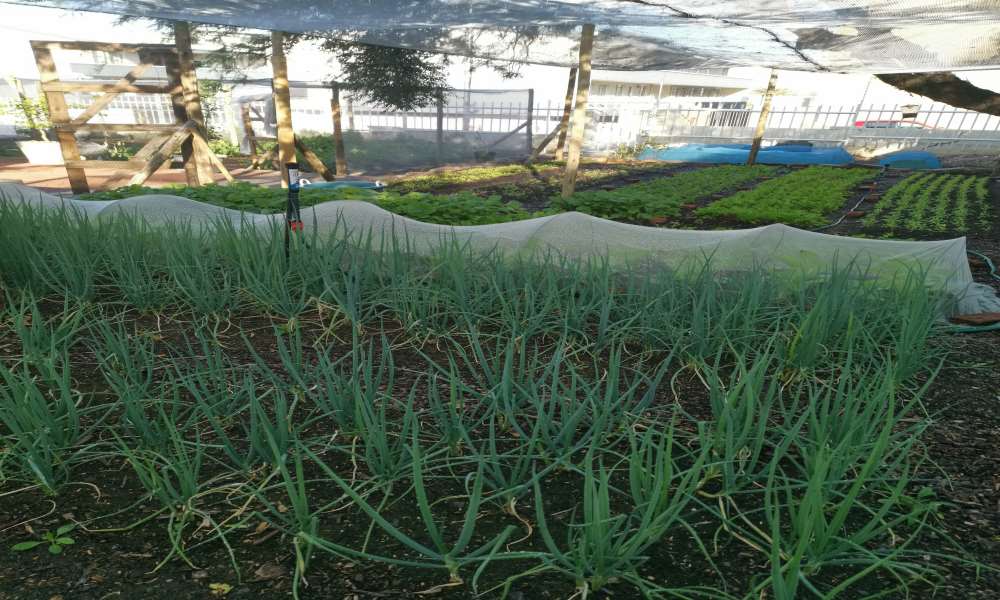

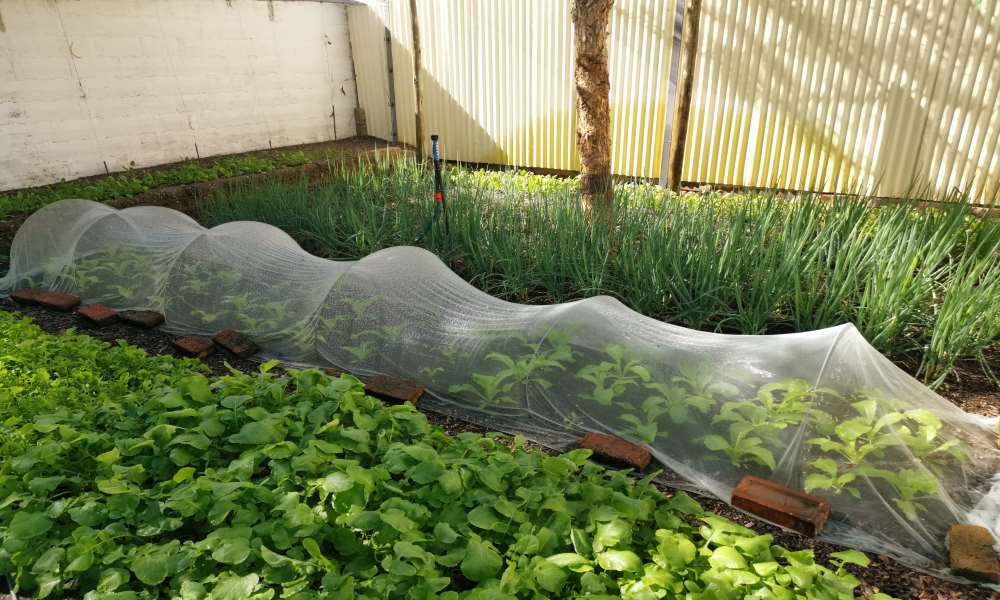
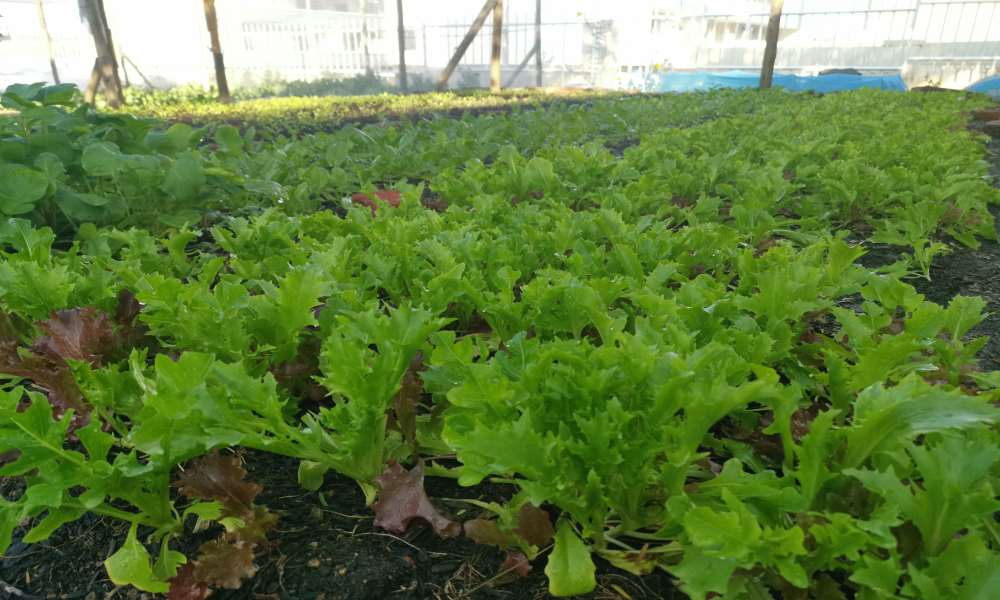
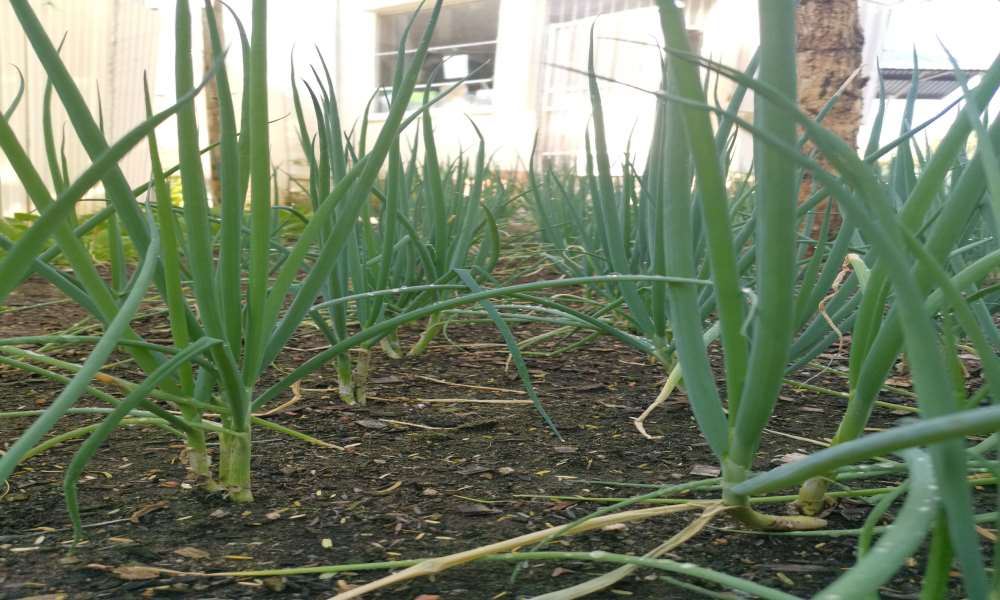
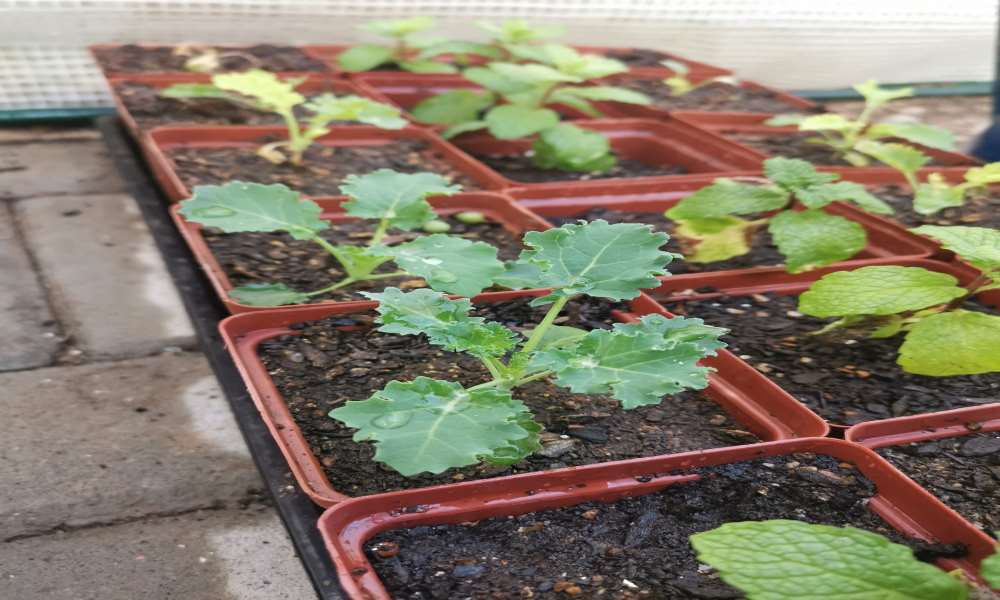
Comments
Namibian Sun
No comments have been left on this article